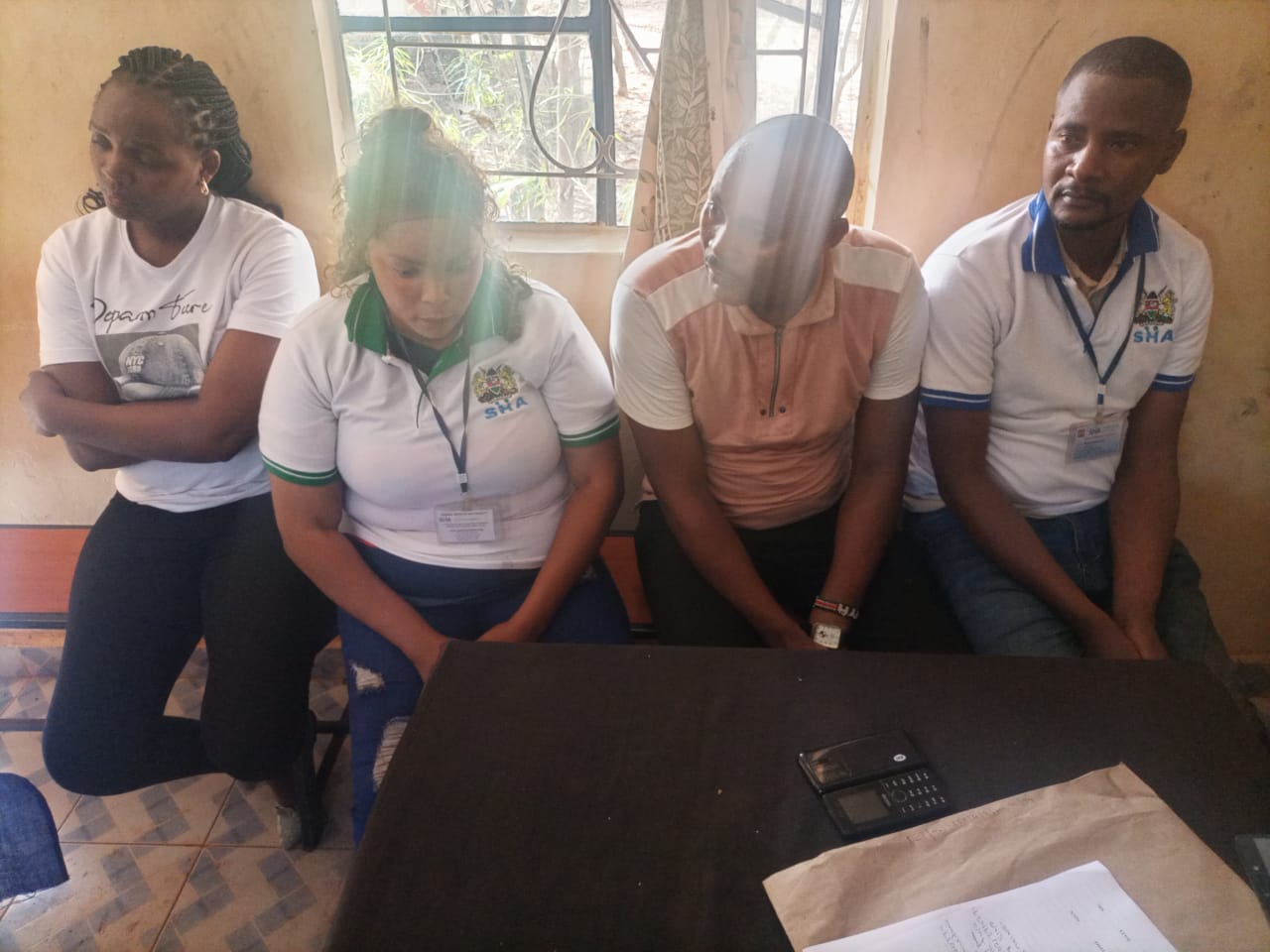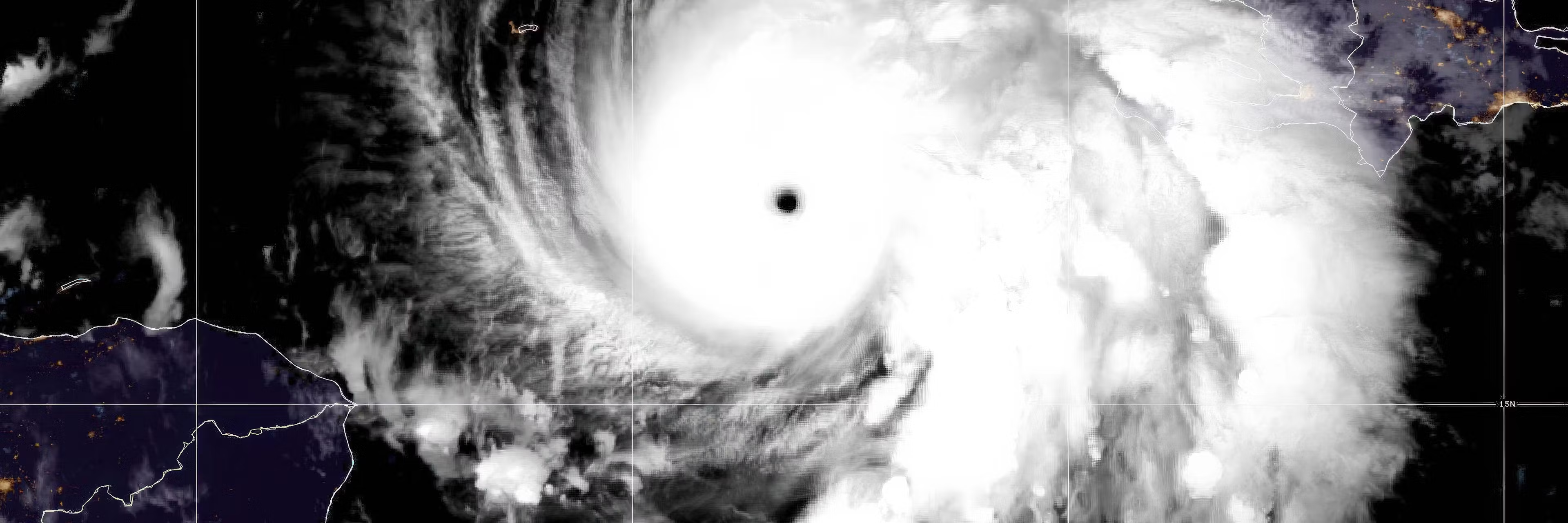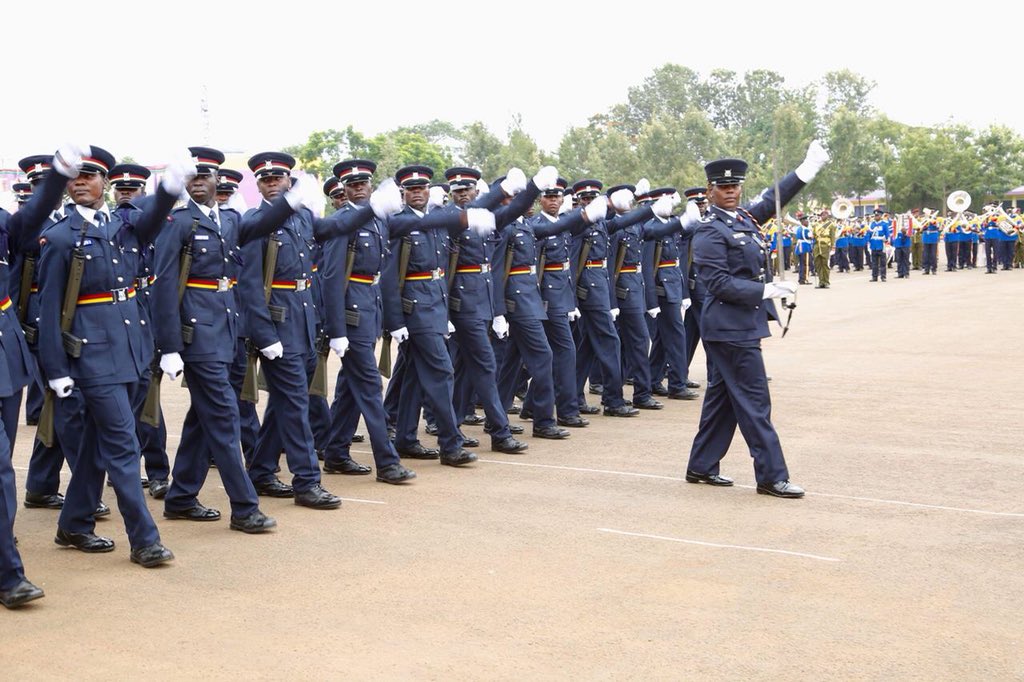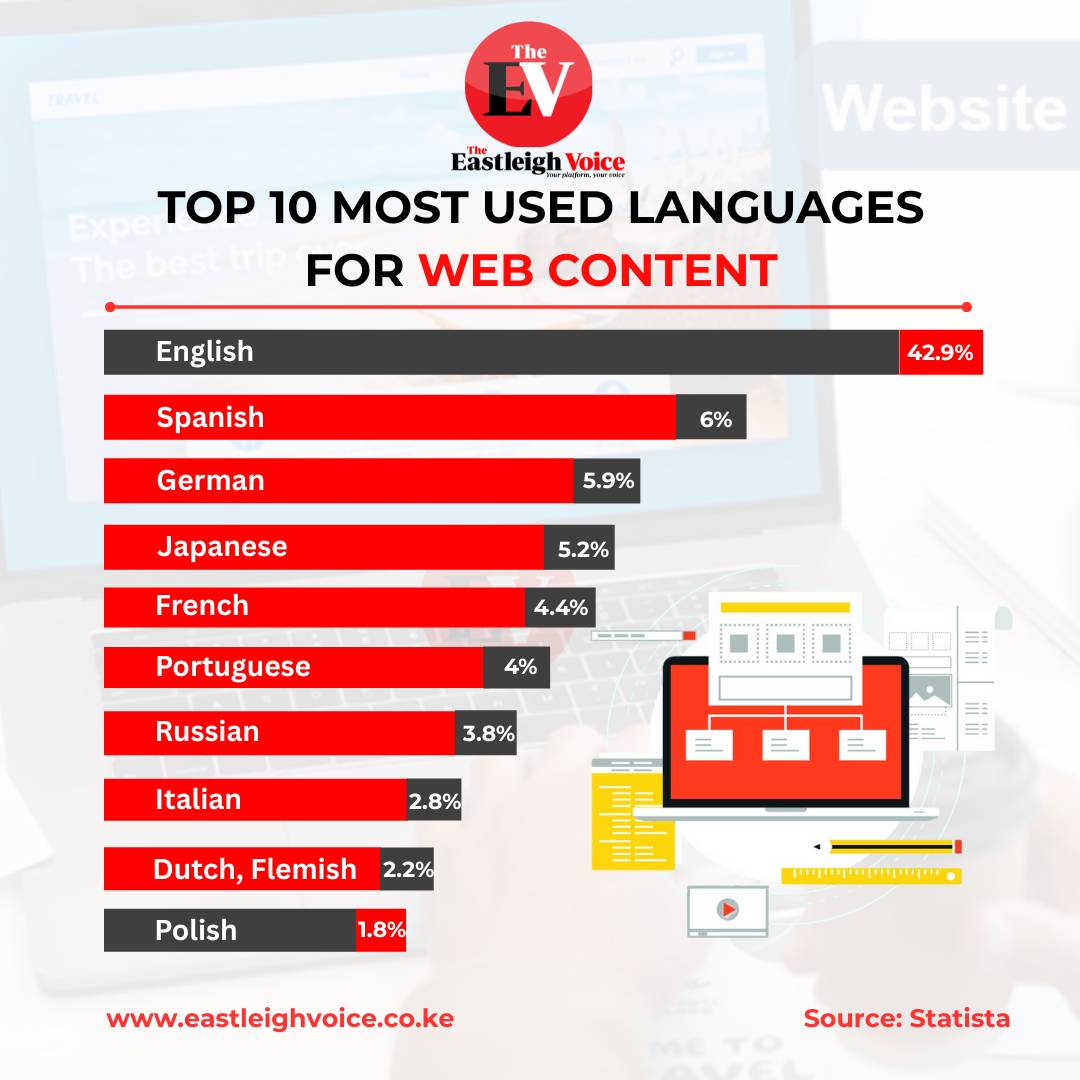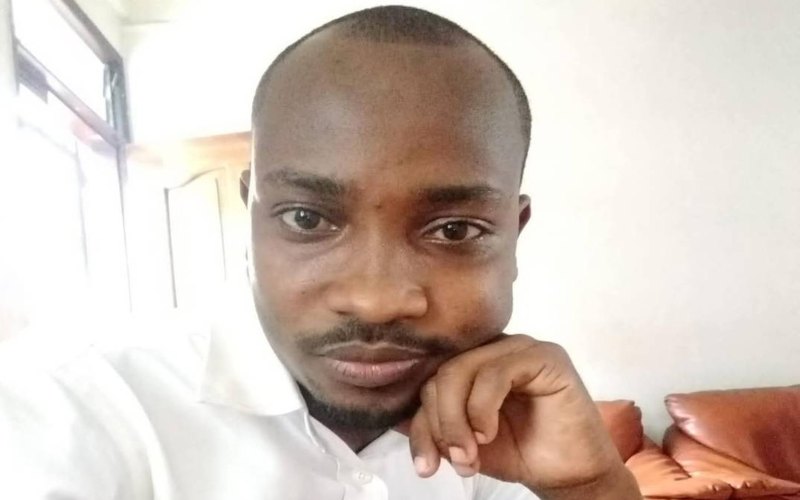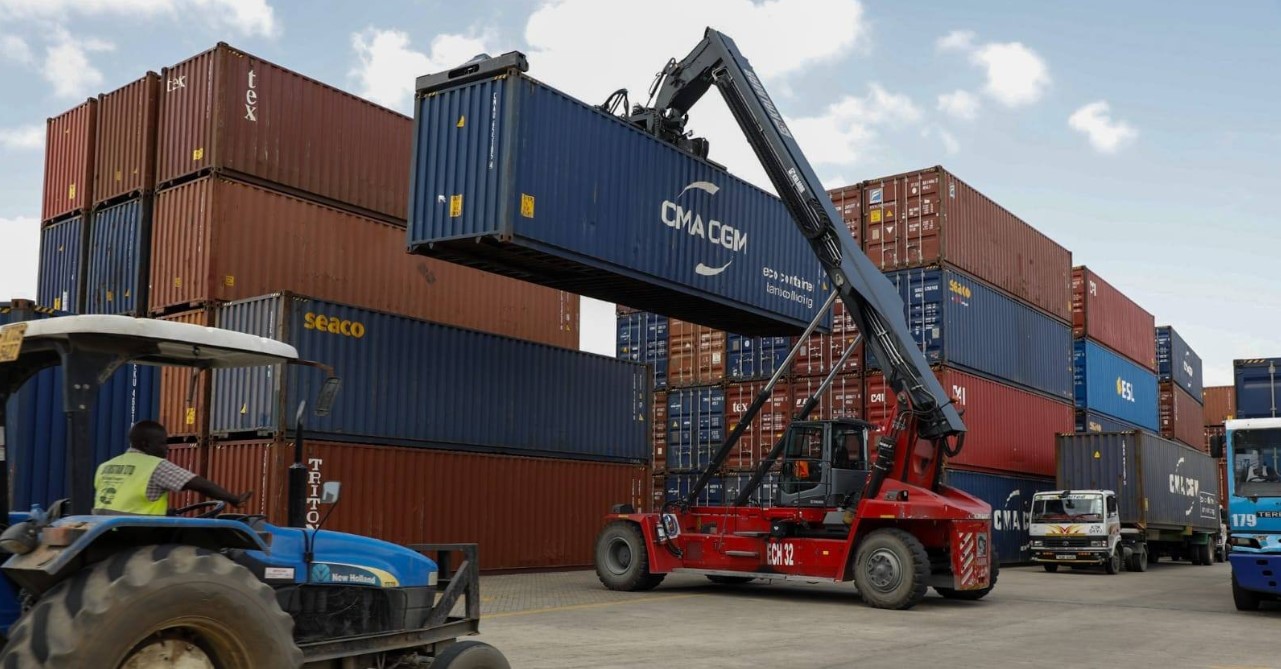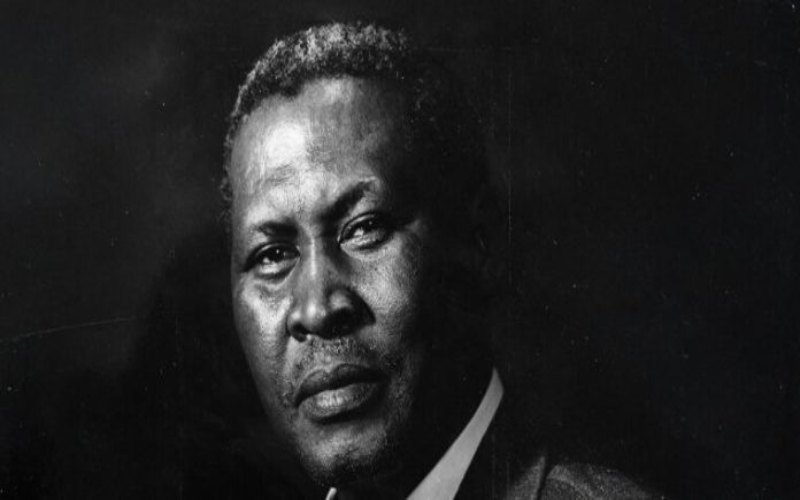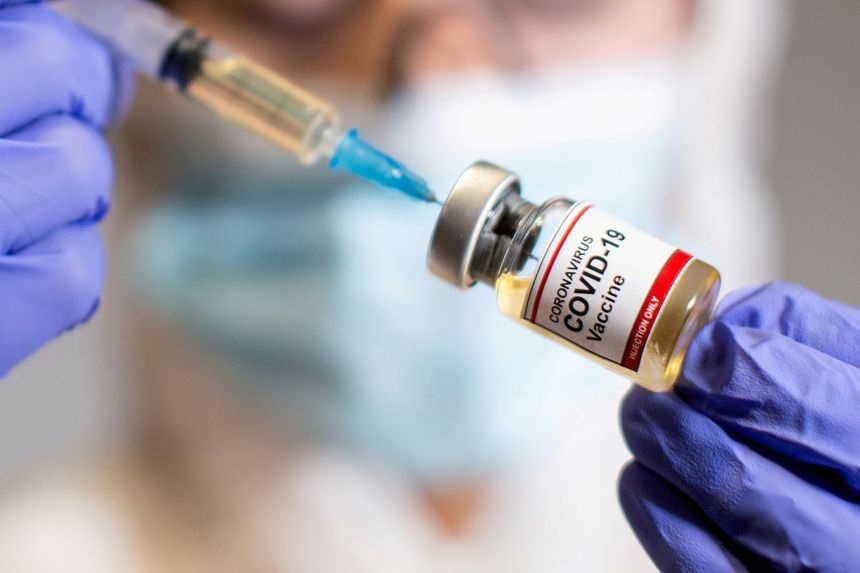Ruto rallies global leaders to finalise UN treaty on plastic pollution
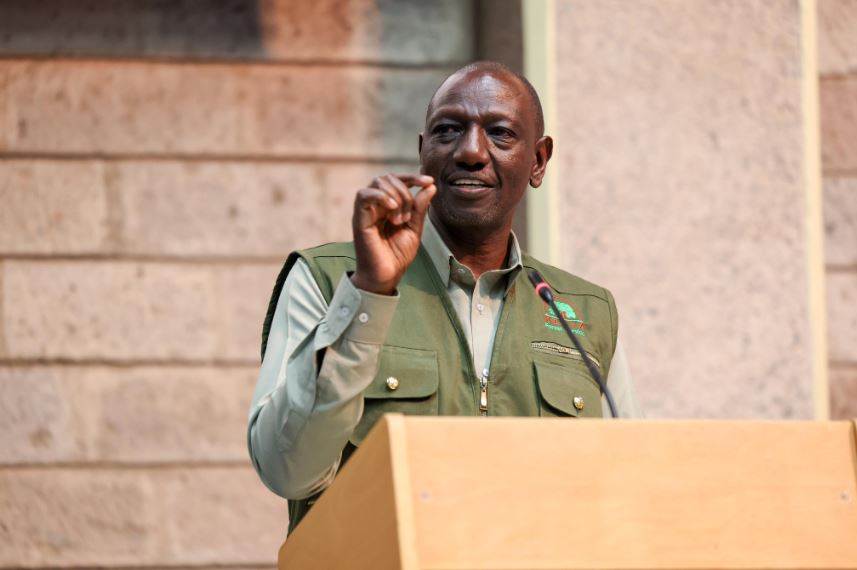
Representatives from more than 170 nations are meeting in Nairobi from Monday to negotiate what concrete measures should be included in a binding worldwide treaty to end plastic pollution.
President William Ruto has called on world leaders to finalise negotiations on a global treaty aimed at combatting plastic pollution amid tensions over what should be included in the pact.
Representatives from more than 170 nations are meeting in Nairobi from Monday to negotiate what concrete measures should be included in a binding worldwide treaty to end plastic pollution.
More To Read
- Raila Odinga mastered the art of political compromise for the good of Kenya
- Kenya appoints Severine Luyali as new Chief of Protocol
- Court told President Ruto not complainant in X post case against David Mokaya
- President Ruto outlines four Raila-inspired pillars to drive Kenya’s growth
- Raila Odinga’s life offers five key lessons to guide Kenya’s future - President Ruto
- Raila was a political engineer, and I was his student- Ruto
Over 170 countries agreed last year to conclude a UN treaty to combat plastic pollution by 2024, but the Paris talks were marred by controversy as campaigners accused large plastic-producing nations of deliberately stalling the process after two days were lost debating procedural points.
The 13- 19 November meeting is the third of five sessions in a fast-tracked process aiming to conclude negotiations next year so the treaty can be adopted by mid-2025.
Ruto, speaking during the opening of the talks at the United Nations Environment Programme (Unep) headquarters in Gigiri on Monday, insisted on the timely need for a quick resolution and execution of a global instrument that will help the human race neutralise the threat of plastic pollution in the world.
Unity call
"The threat of plastics to our planet, our health and our future is of such a magnitude that it requires input from all of us. The numbers on plastic pollution explain the necessity of working together and with tremendous purpose and urgency," Ruto said.
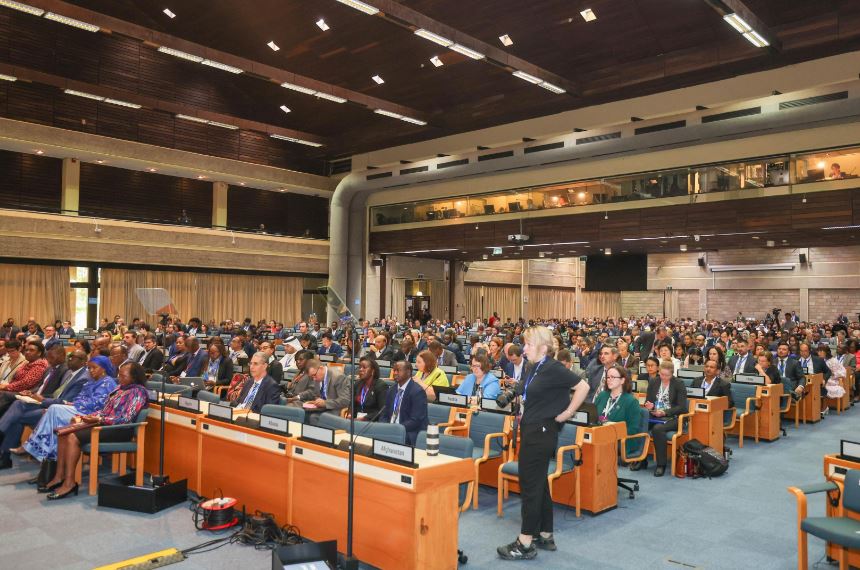 Participants during the official opening of the Third Session of the Inter-Governmental Negotiating Committee on Ending Plastic Pollution, United Nations Office, Nairobi on 13 November 2023. (Photo: PCS)
Participants during the official opening of the Third Session of the Inter-Governmental Negotiating Committee on Ending Plastic Pollution, United Nations Office, Nairobi on 13 November 2023. (Photo: PCS)
"More than 400 million tonnes of plastic waste are produced globally. Of these, 23 million tonnes find their way into rivers, lakes, and oceans, and less than 10 per cent is recycled. Across the world, 46 per cent of plastic waste is landfilled, 22 per cent is mismanaged and becomes litter, and 17 per cent is incinerated. If we hold our laurels and do nothing, we will produce more than a billion tonnes of plastic by 2060."
These numbers, the President said, are unacceptable and are essentially an existential threat to human life.
"This is the time to stop this and you are the negotiators who will make it happen. The global community is waiting with great anticipation for the instrument that you will develop to chart a global plan for tackling plastic pollution," the Head of State said.
Ruto insisted that dealing with plastic pollution is central to progressing climate change.
"Plastics could account for up to 19 per cent of greenhouse gas emissions allowed under 1.5°C by 2040. It is
now time for investors, multinational corporations and technology companies to shift strategic investments to reduce their plastics waste footprint," he added.
Ruto also called upon producers and innovators to rethink plastic products and packaging to reflect the principles of reuse, refill, repair and repurpose by exploring alternative options such as non-plastic substitutes, alternative plastics, and plastic products that do not have negative environmental, health, and social impacts.
Top Stories Today
